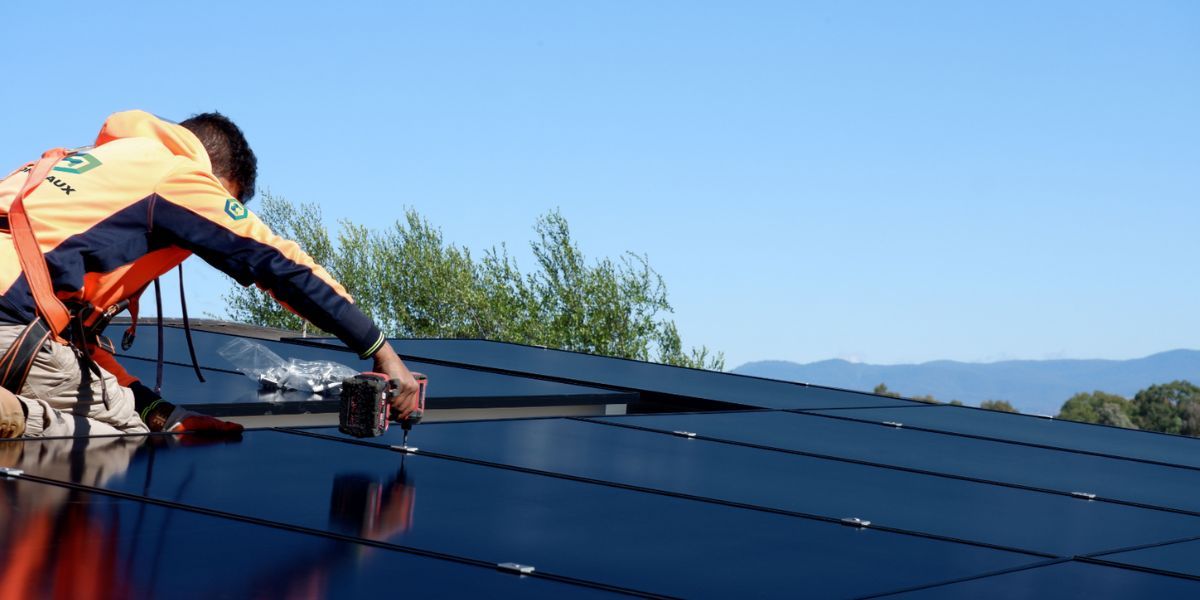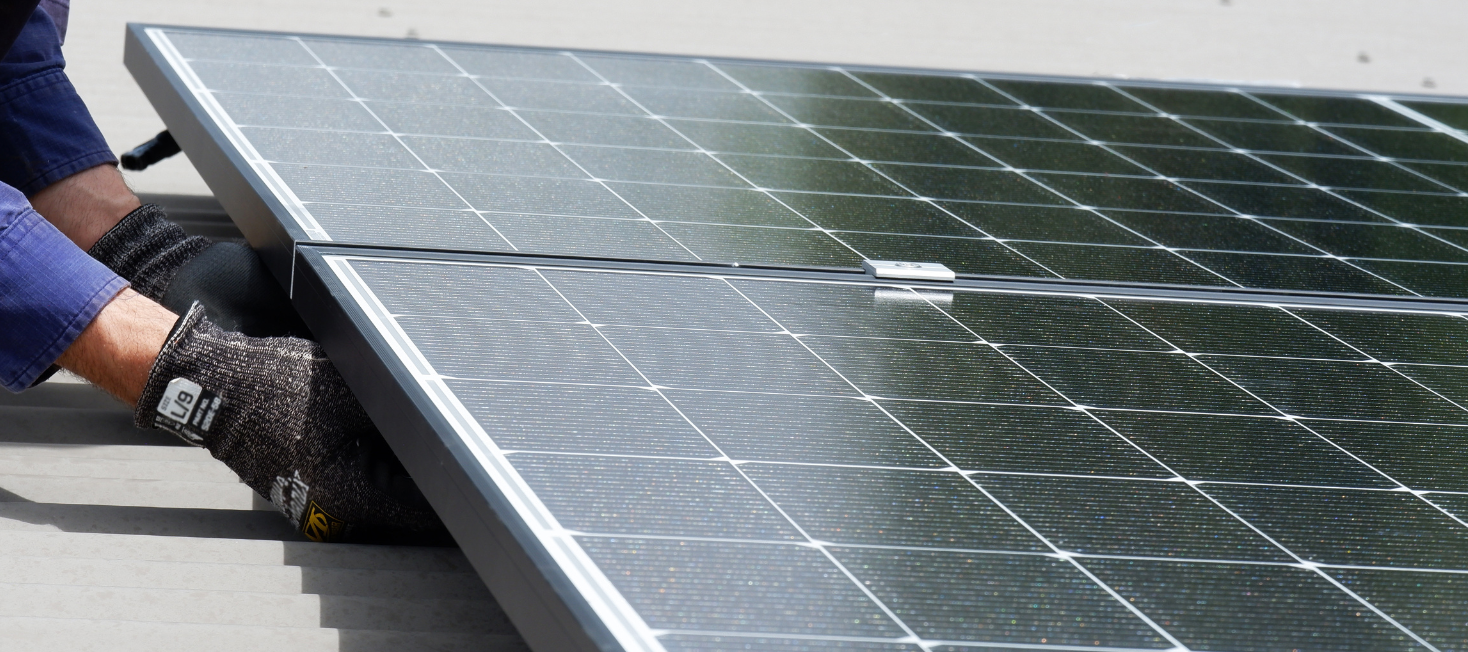Solar for Low-Income Program
Renewable Energy Source
Solar energy is coming from a source that is not depleting with time. This resource is not location-dependent. Also, countries don’t have to import this resource from other countries. Hence solar creates a win-win situation for the governments, residents, and the environment.
For this reason, countries spend a lot to nurture solar energy in their region. The governments give rebates to make solar power more affordable for ordinary people.
ACT Government Solar incentive for Low-income people
The government of ACT is giving a similar incentive. It is a solar energy program for low-income people. This program will help to dispense an opportunity for people who have concession cards and are pensioners. It will allow these people to install solar energy systems in Canberra homes.
The deserving people who have the concession card and pension cards will be able to avail themselves of this offer. People interested in this government’s relief program can register themselves on actsmart@act.gov.au.
This program is a colossal initiative to help people who cannot afford solar energy systems otherwise. There are also a lot of other government schemes that help people get their solar energy systems.
These government programs have significantly made the solar system affordable for everyone. So, if you’re not going solar just because you have budget constraints in mind, you can stop worrying.
Which company should you go solar with?
Check your monthly income, savings, solar energy need and check government programs if you find yourself deserving. Go solar now, and when you’re planning to go solar, you can trust Mondiaux Solar. It is a pre-eminent, top-rated solar company based in Canberra. Mondiaux solar is CEC accredited retailer, and it will provide you with premium products and services. Your electricity will be our problem if you trust us. Take benefits from the government solar energy schemes and go solar with Mondiaux Solar.
Is this program being launched for the first time?
The Solar for Low-Income program previously ran for several years and ended in mid-2021. Still, the new program will be different in design and offer significantly more consumer choice, and have a more significant number of subsidies on offer.
What is the launching date of this program?
It is expected that the program will launch in late March, as the ACT government is finalizing its design and developing supporting resources.
Contact us, and we will keep you updated when it’s reopened!
Share Post





